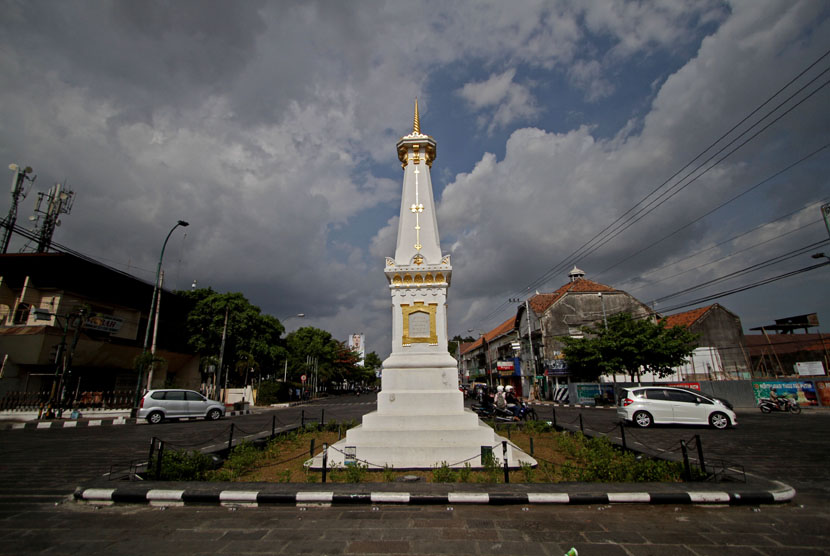REPUBLIKA.CO.ID, JAKARTA -- The British Council is collaborating with some Yogyakarta's local artists to develop an initiative to revamp Yogyakarta's image as "the Festival City" in a bid to boost its tourism sector.
Creative Industry Consultant of the British Council Felencia Hutabarat noted in a press conference here on Monday that although there were various festivals in Yogyakarta, "they have not yet been taken seriously as the part of the country and the city."
In 2012, the British Council, UK's international organization for cultural relations and educational opportunities, and the Government of Indonesia had inked a memorandum of understanding on the tourism and creative economy sectors' development program.
The Festival City initiative was part of the organization's Creative City program.
"It is not about starting a new festival, but it is the coming together to create a new platform such as the Festival of Edinburgh," Felencia noted.
Yogyakarta, located in the central part of Java Island, is well-known as a center for Javanese fine arts, culture, and heritage such as batik, puppet shows, traditional drama, music, and poetry.
The special region is also an important center of tourism for Indonesia, second only to Bali.
Yogyakarta also has a large number of high-quality festivals, which draw both national and international focus such as the Jogja Biennale, Artjog, Yogyakarta Art Festival, Ngayogjazz (Jazz festival), International Gamelan Festival, and the International Puppet Festival.
Under the brand name "jogjafestivals," the British Council and local artists are optimistic to develop promotional and marketing concepts to raise the bar of festivals held in Yogyakarta.
"Because when you come together, then you can work together on a lot of different things. If they do themselves, it would take them more money as they have very little money to promote," Felencia pointed out.
The British Council had hosted two workshops where some foreign festival directors have covered fundamental aspects on building collaboration such as mapping out the brand DNA of Yogyakarta, stakeholders, and funding the challenges and strategic planning processes for creating sustainable festivals.
The two workshops have also stimulated the participants to unite in a forum in order to realize the joint promotion initiative under the brand name "jogjafestivals," which was hoped to contribute to developing a new image of Yogyakarta as "the Festival City."
The third workshop will be held on April 22-24, 2015, at the Greenhost Boutique Hotel, Prawirotaman, Yogyakarta, and will be delivered by Head of Marketing and Innovation of Festivals Edinburgh James McVeigh.
The initiative was expected to strengthen relations between the two countries and provide opportunities for more artists in the UK and Indonesia to work and showcase their talents together.
"The festival is about humans getting together," McVeigh affirmed.
A festival should not only be organized for foreigners but also for the local people, he emphasized.
"One of the reasons that the people come to festivals is to meet the locals. It is the authenticity," McVeigh pointed out.
Edinburgh's reputation as the world's leading festival city has deep roots.
The Edinburgh International Festival of Scotland began in 1947 during the post-World War II era.
It has established itself as a much-needed platform for "the flowering of the human spirit" and evolved into an operation that involves 12 major individual festivals, hosts over 25 thousand international artists, thereby outnumbering the accredited media and has an audience base of over four million, while generating 261 million pounds for the Scottish economy.
"Some great festivals were small. They do not have the ideas of growth in their minds. It is not about growth. It is about some specific artistic vision," McVeigh noted.
The festivals' market will flourish in areas where people find distinctions.
In business terminology, it is called the USP or Unique Selling Proposition.
"Something very distinctive means that you can stand out from the crowd," McVeigh added.


